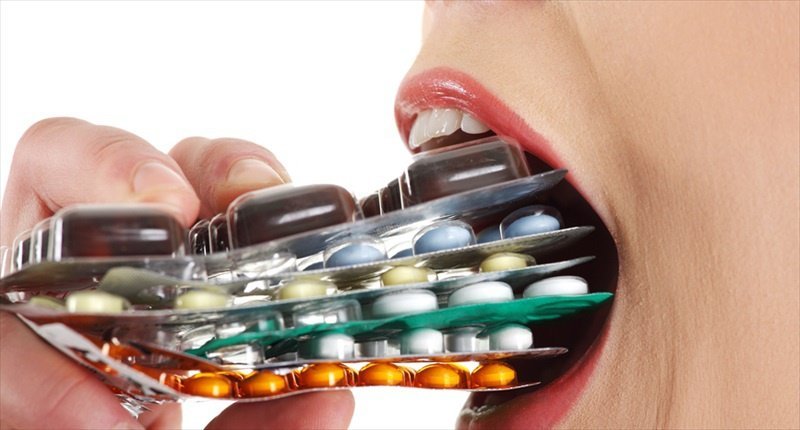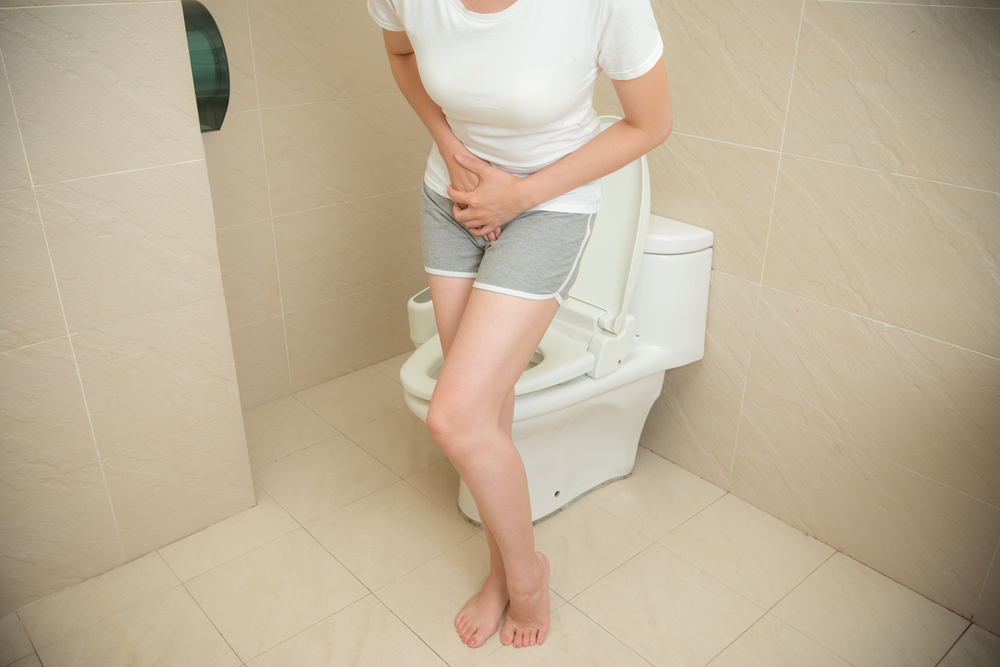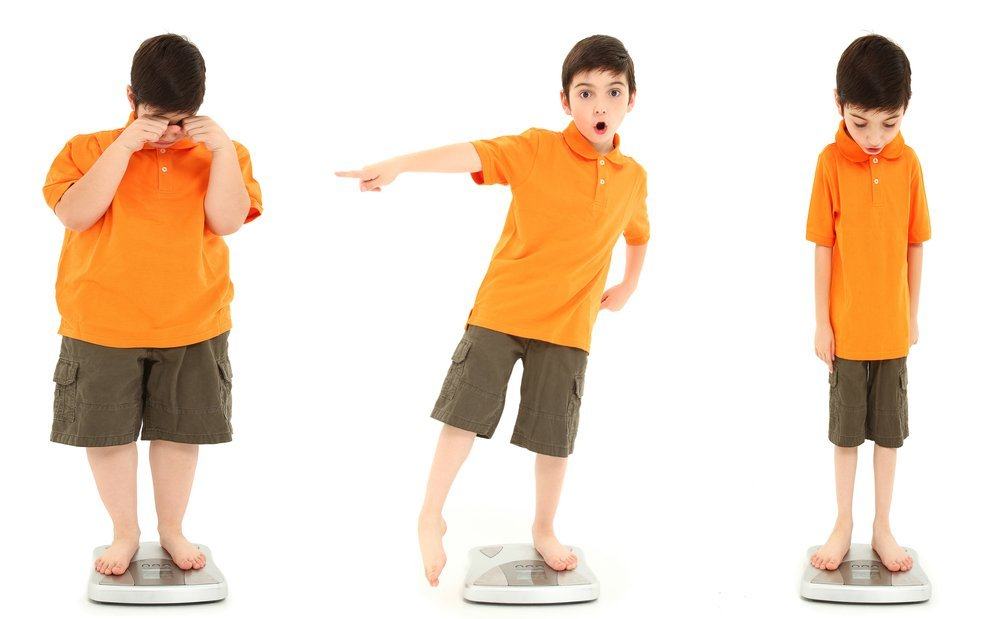Contents:
- Medical Video: What Causes Antibiotic Resistance | What Is Antibiotic Resistance |How To Stop Antibiotic Resistance
- 1. Always ask your doctor if you are prescribed antibiotics
- 2. Do not change the dosage and duration of using antibiotics yourself
- 3. Do not take antibiotics if not needed
- 4. Not all infections need antibiotics
- 5. Eat organic meat that has not been injected with antibiotics
Medical Video: What Causes Antibiotic Resistance | What Is Antibiotic Resistance |How To Stop Antibiotic Resistance
Maybe you are often prescribed antibiotics by your doctor when you experience pain. Antibiotics are drugs that are used to treat infections caused by the growth of bacteria in the body. However, antibiotics can also harm and aggravate the patient's condition if they are not used according to the rules because they can cause bacteria to become resistant, aka immune or resistant to antibiotics.
Resistance or resistance of bacteria to antibiotics occurs when bacteria can no longer be killed and their growth is stopped with antibiotics consumed. If bacteria become resistant, the infection you experience will be more difficult to treat. You will spend more money, take drugs longer, and can cause other health problems and problems.
Then, what can you do to prevent bacteria from becoming resistant to antibiotic drugs?
1. Always ask your doctor if you are prescribed antibiotics
One thing you can do to prevent antibiotic resistance is to always ask about what disease you are suffering from and what type of antibiotic medication is used to treat it. In addition, other questions that you should ask your doctor are:
- Why do I need antibiotics?
- What are the side effects of these antibiotics?
- What can be done to prevent side effects?
- How is the use of antibiotics given, how to drink, and the frequency of use?
- Will taking this antibiotic drug cause a condition if I take other types of drugs?
- If you take these antibiotics, do I have taboos, for example, I can't eat certain foods?
- How do you keep the antibiotic drug from being damaged? Does it need to be stored in the refrigerator or not?
READ ALSO: 7 Natural Remedies for Curing Diarrhea
2. Do not change the dosage and duration of using antibiotics yourself
Do you often not take antibiotics given? Or even taking too many antibiotic drugs so that they are not in accordance with the provisions? This of course has an impact on the infectious disease that you are suffering from. The growth of bacteria that causes you to experience pain will not be stopped if the medicine you have to spend is left. The dosage given is thought to be able to kill the growing bacteria.
If you consume less than the proper dosage, then the bacteria have more time to develop and not be destroyed because the antibiotics are lacking. Whereas if you consume excessive antibiotics, bacteria that are expected to die actually become stronger and cannot be stopped growing with the same antibiotic drugs.
3. Do not take antibiotics if not needed
Most people assume that antibiotics can cure all infectious diseases. Even though not all diseases can be treated with antibiotics. The use of unnecessary antibiotics will not have any good impact on you.
When bacterial growth can be prevented by the immune system, but you take unnecessary antibiotics, the bacteria will get used to and recognize how the antibiotic works. Then, these bacteria will mutate and change to become stronger so they are resistant to antibiotics. So, if you take the same type of antibiotic drug later when the bacteria causes an infection, then the antibiotic can no longer cure your disease.
READ ALSO: 6 Effective Ways to Overcome Nasal Congestion Without Medication
4. Not all infections need antibiotics
Antibiotics are indeed a type of drug that is very important in curing an infectious disease. Even the right use reduces mortality in patients who have tuberculosis or other chronic infectious diseases. However, actually antibiotics are not that good and cannot be used for all people who have infectious diseases.
Antibiotics should be prescribed by a specialist and used according to the needs of each patient. This is because not all patients who experience infectious diseases are caused by bacterial growth, they may be infected with a virus or parasite. Meanwhile, antibiotics are only able to fight bacterial growth.
Therefore, never take antibiotics that are owned by others or give antibiotics that you have to others, because their needs may not be the same.
5. Eat organic meat that has not been injected with antibiotics
Several types of beef and chicken sold in supermarkets or traditional markets have been contaminated with bacteria that are resistant to antibiotic drugs. Cattle and farmed poultry are often given antibiotics to prevent various infectious diseases. However, farmers often do not use antibiotics according to the provisions, so the bacteria that grow in the body of the animal become resistant.
When you eat meat from animals that have bacteria that are resistant to an antibiotic, the bacteria will move into your body. In the end, you have bacteria that are resistant to an antibiotic.
READ ALSO: 7 Natural Cough Remedies in Your Kitchen












